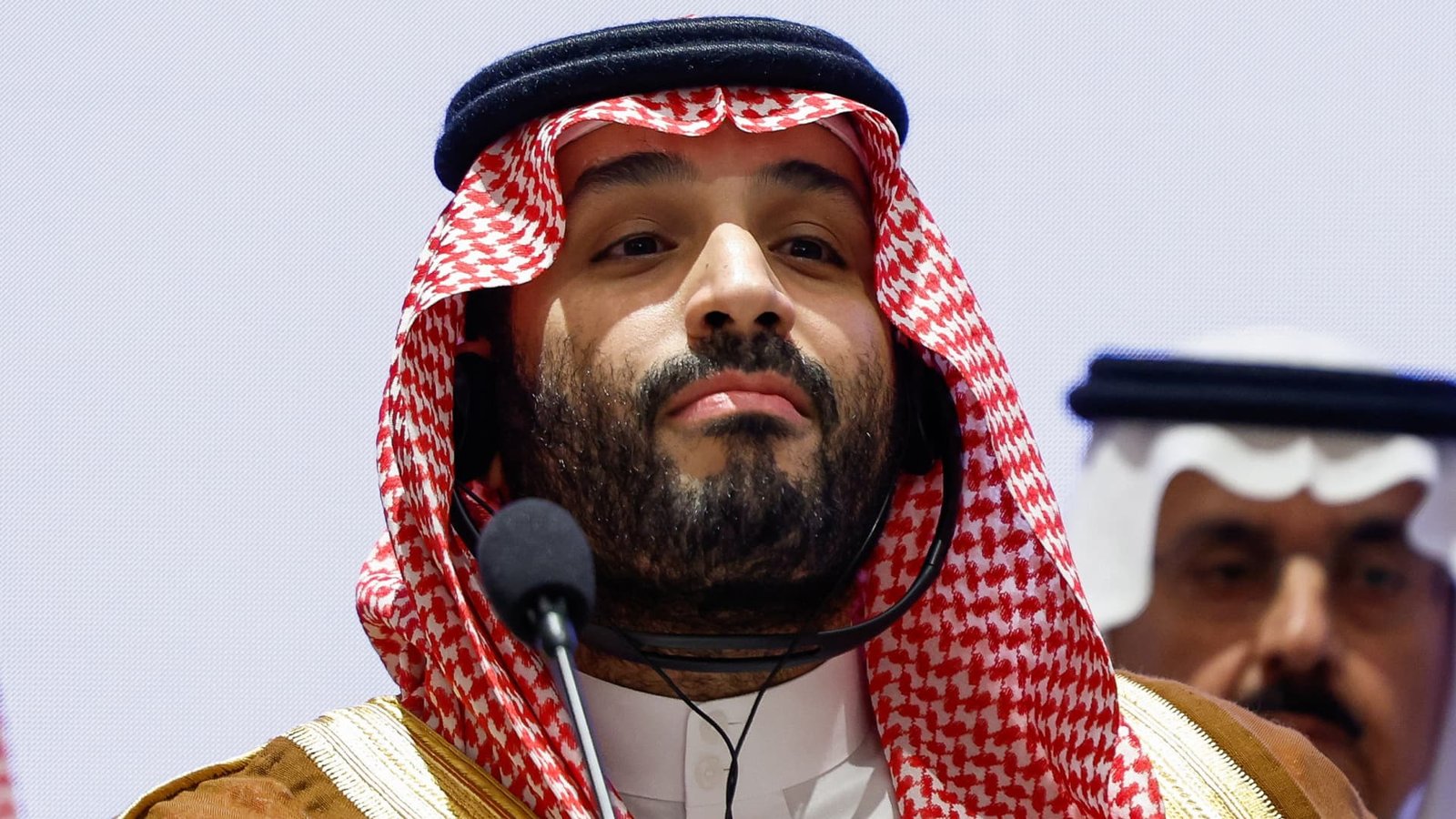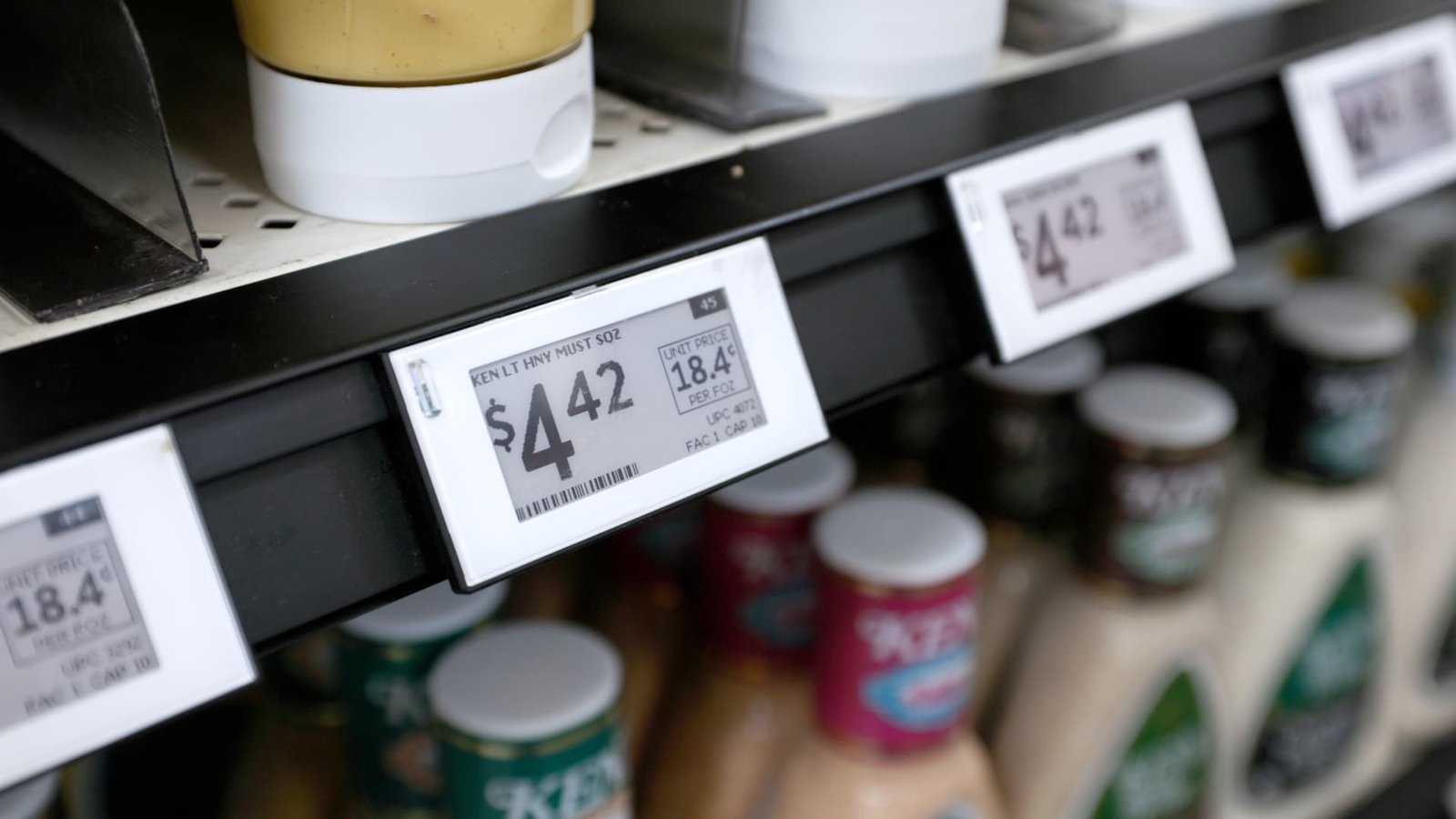Thousands of financiers, founders, and investors are expected to gather in Riyadh, the Saudi capital, for the eighth edition of the kingdom’s Future Investment Initiative. This conference is a central part of Vision 2030, a multi-trillion dollar initiative aimed at modernizing and diversifying Saudi Arabia’s economy.
In previous years, the event was seen as an opportunity to attract Saudi investments. However, this year, fund managers note a shift as the kingdom imposes stricter requirements on fundraisers and investors while grappling with lower oil prices and production.
Omar Yacoub, a partner at U.S.-based investment firm ABS Global, highlighted the increased competition to attract investments from Saudi Arabia. He mentioned that the kingdom’s focus on domestic investment has led to more selective international investments.
Saudi Arabia has set ambitious goals for foreign investment, aiming to attract $100 billion annually by 2030. However, the current foreign investment levels are significantly lower, averaging around $12 billion per year since the launch of Vision 2030.
The kingdom is emphasizing the need for value-added investments, focusing on hiring, developing the asset management ecosystem, and investing in Saudi capital markets. This approach aims to move beyond pure financial transactions to create a multi-faceted investment strategy.
As Saudi Arabia faces challenges such as falling oil prices and production cuts, it is taking steps to reduce spending. The kingdom’s fiscal breakeven oil price has increased due to investments in projects like NEOM, reaching $96.20 for 2024 according to the IMF.
Despite regional tensions and conflicts, Saudi Arabia has managed to shield its economy from geopolitical events. The kingdom’s local investor confidence remains strong, reflected in the performance of the Tadawul All Shares Index, which has seen a 16.48% increase in the last year.
However, analysts warn that ongoing regional crises could lead to further instability. The need to attract foreign direct investment and maintain oil prices at desired levels is crucial for Saudi Arabia’s economic development and diversification plans amidst the challenges posed by regional conflicts.




